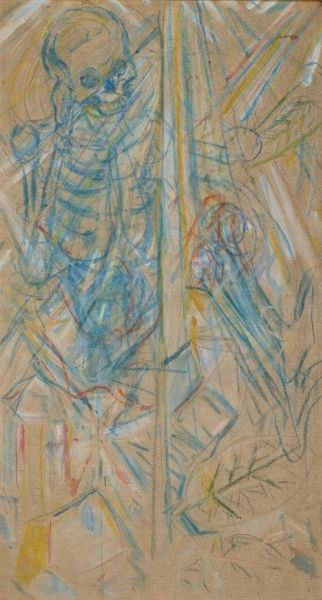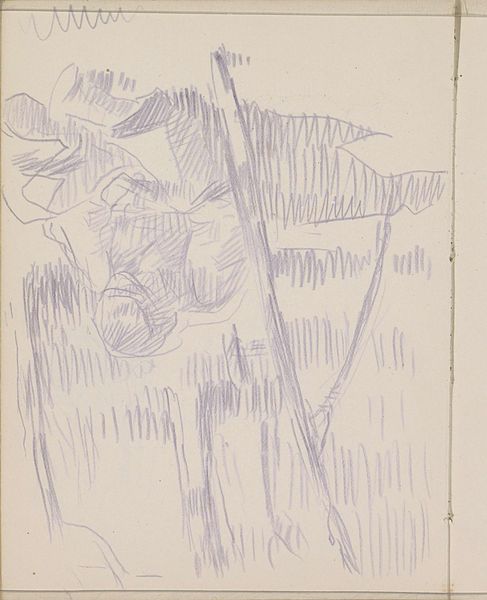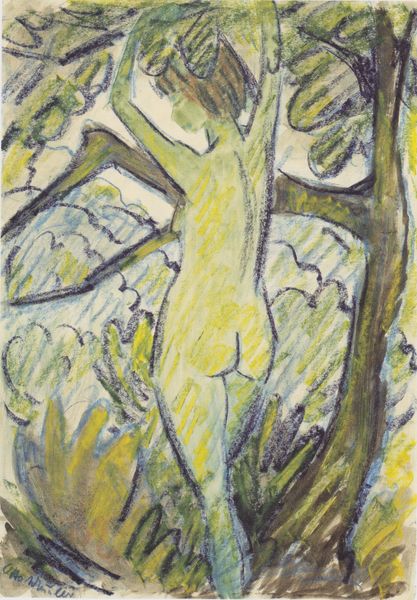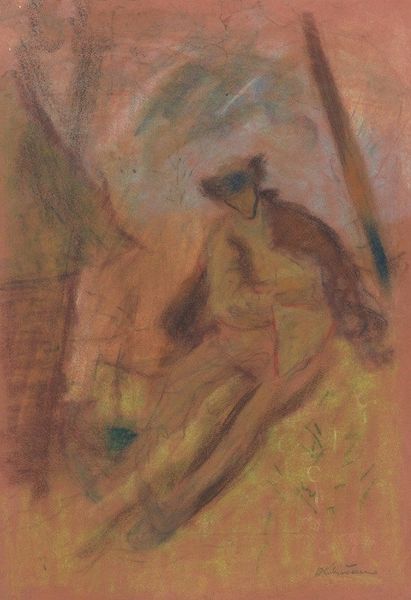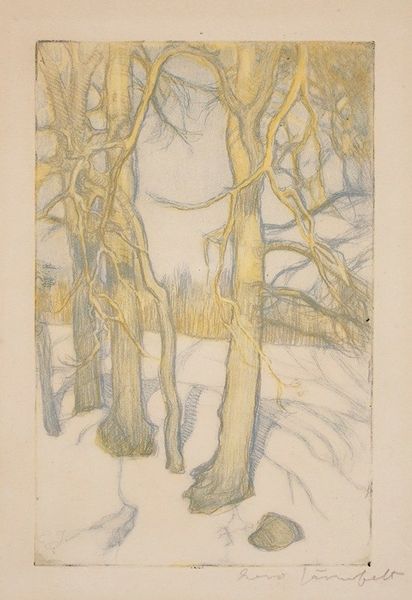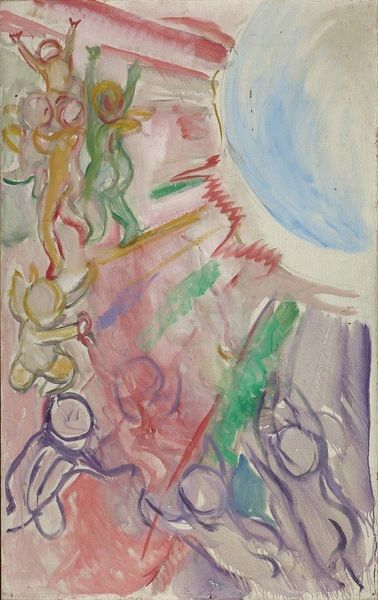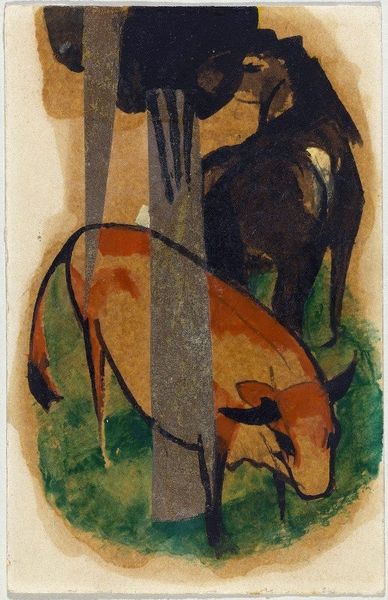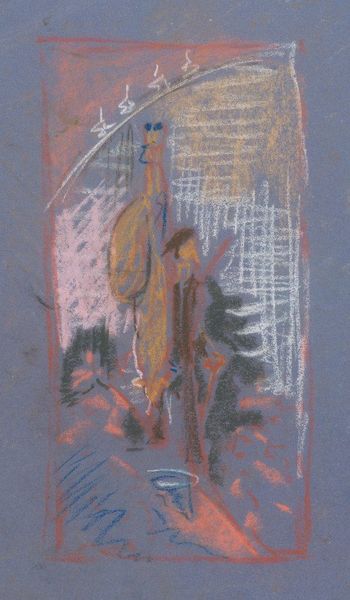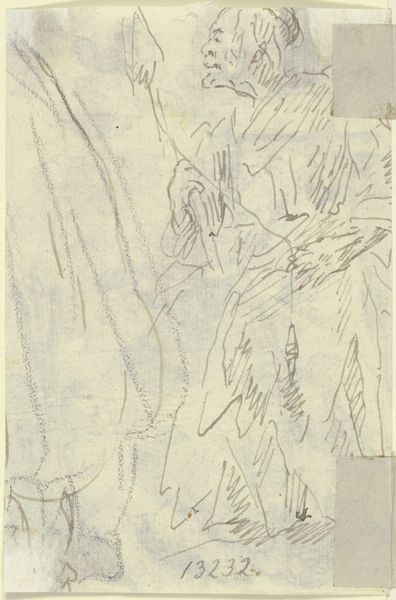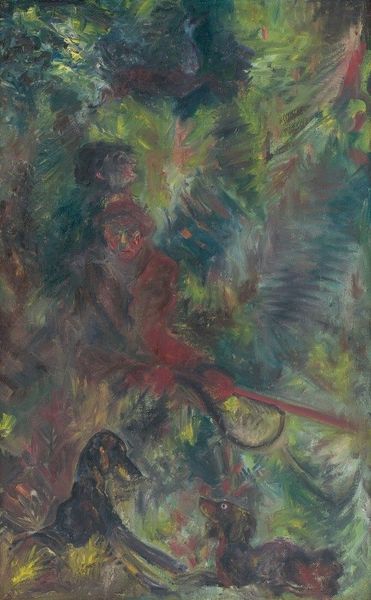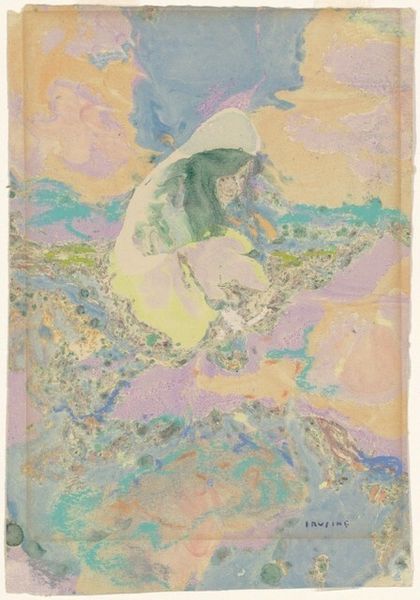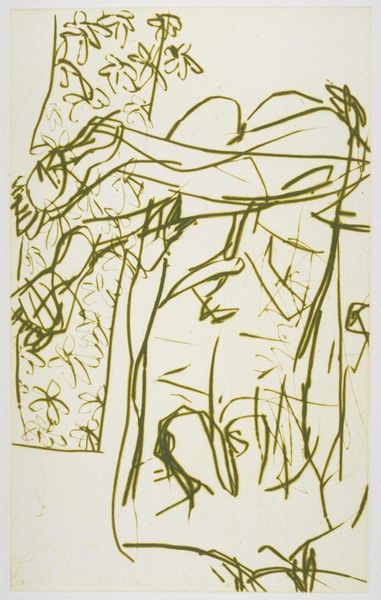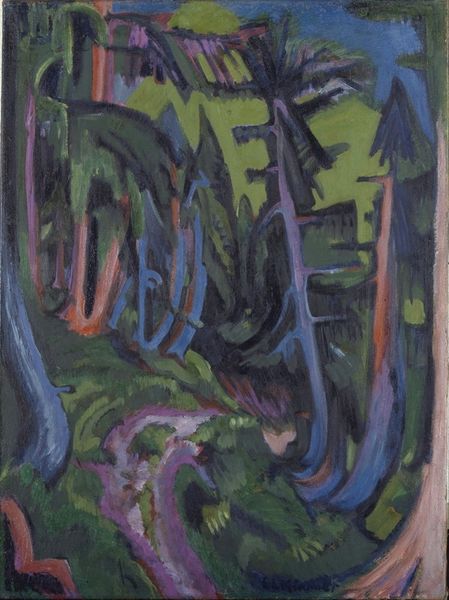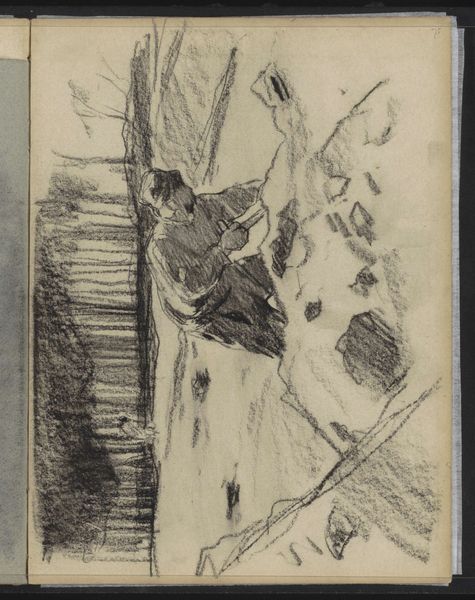
drawing, pastel
#
portrait
#
drawing
#
figurative
#
impressionism
#
landscape
#
figuration
#
line
#
symbolism
#
pastel
Copyright: Public Domain: Artvee
Henri de Toulouse-Lautrec made this pastel drawing of a rope dancer sometime in the late 19th century, likely in France. The circus and the music hall were popular subjects at the time and offered a glimpse into the lives of those on the margins of Parisian society. Lautrec, himself an outsider due to his disabilities, often depicted performers, prostitutes, and other marginalized individuals. In this drawing, he captures the precariousness of the rope dancer's profession, balancing high above the ground with only a rope to support her. The loose, sketchy style of the drawing adds to the sense of movement and instability. But, was Lautrec simply documenting the entertainment of the demimonde? Or was he critiquing the ways in which society exploits and exoticizes those who are different? To answer this question, we can turn to historical archives, personal letters, and contemporary reviews to gain a deeper understanding of the social and institutional context in which this artwork was created.
Comments
No comments
Be the first to comment and join the conversation on the ultimate creative platform.
